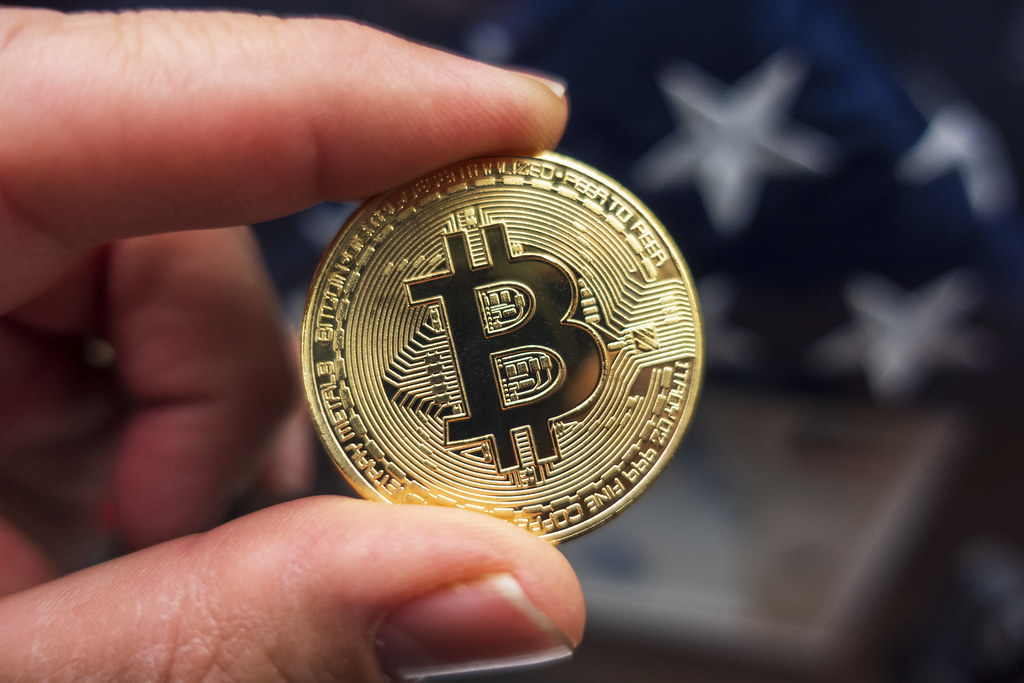How Secured Loans Are Different from Unsecured Loans

Sometimes it can be difficult to choose the correct financing option; you have a few things to consider, the business cash flow, assets, and business goals.
In this article, you get to understand the whole concept of loans, both secured and unsecured.
The article examines what happens when you default on your loans.
The main difference between a secure and unsecured loan is in the collateral. A secured loan requires security like your inventory, property, and other assets. If you don’t pay your debt, the lender may go to court and seek authority to repossess the asset.
There’s no need for physical securities with unsecured loans. Still, instead, they’ll look at your repayment ability and how you’ve conducted your accounts, the cash flows in your business, and your credit score. If your score is low, then the lender will be reluctant to approve your loan.
Because of lack of security, unsecured loans are considered high risk and attract a high-interest rate compared to the secured. The loan term is also short.
Your choice will depend on the available options you have and where you’ll save money.
What Is A Secured Loan?
To understand how this style of credit works, a typical auto loan is a great example. In this case, you approach the lender- the car dealer and they’ll give you the car on some credit terms, and if you don’t pay as agreed, then the loaner can repossess the car, sell and use the money to clear your debt.
Mortgages and home equity loans are examples of secured loans that use your home as collateral. For secured credit cards and personal loans, you require a cash deposit. And title loans use collateral which is the equity in your car to borrow.
Borrowing against collateral can be limiting in the sense that it will depend on the value of your collateral. You can only get approval for a certain percentage of the total loan value. This may lock you out when you need some higher amount than what you can afford.
The good thing with secured loans is that they’re considered less risky, and thus interest is lower.
When unsecured credit is not an option for you, you can get secured cards and loans by making cash deposit upfront. That allows you to grow your credit.
What Will Happen If You Default On A Secured Loan?
If you take a secured loan and pay it prudently, then the collateral remains yours, but if you stop and don’t pay as per the agreement, then the lender has a right as per the letter of offer that you signed to take possession of it. Thus when you’re taking a loan or any line of credit, you’ve to check the agreement carefully. Any late payment of your loan or mortgage can cost you late fees even for a few days but won’t trigger a foreclosure.
Defaulting on your secured loan carries the same weight and consequences as failing to pay your unsecured loan. The difference is that with a secured one, you could lose your asset, and imagine if it is your home or any other asset dear to your heart. It will also deal a blow to your credit history and score for over seven years. If you had put cash as the collateral, then be ready to forfeit it, and sometimes, it’s painful.
Unsecured Loan
What Is An Unsecured Loan?
As aforementioned, an unsecured loan is the type of loan that doesn’t require any collateral. Instead of relying on your assets, it’s pegged on your creditworthiness. These include personal loans, credit cards, students’ loans, and such. The only thing that the lender relies on is your word and the credit history and thus higher risk for lenders.
To qualify for an unsecured loan, you need a strong credit history and a high score. They also come at pretty high interests because of the risk involved. But here, you’re not risking any collateral. Thus, you must weigh between the two and see what befits your need when seeking a credit facility.
What Happens When You Default On Your Unsecured Loan?
When you don’t pay your debt, it affects your credit negatively. You may not be afraid of losing your collateral with an unsecured loan, but there are cascading effects that will do significant damage to your credit score and even finances.
If you make payments 30 days or more past the due date, you’ve yourself to blame because you’ll adversely, and that will remain on your credit report for at least years. If the lender takes legal action against you, all that information will form part of your credit history.
Civil judgments and collections remain on your report seven days from the first day your loan went delinquent.
Such delinquencies are a red flag to any future lender who will have to think twice before extending any credit facility to you.
Which Loan Do You Go For?
If you compare secured loans with unsecured, the interest is low; thus, you can borrow more money. But the catch is, if you don’t pay, you risk losing your property. On the other hand, unsecured loans won’t pit your assets at risk, but they’re hard to get. They are risky, and therefore, the repayment term is short, and the rates are high.
Secured and unsecured loans can play a very significant role in your life. They are the keys to owning a home, a car, sometimes education, and even a personal loan to boost your business. The loan type you apply for will be determined your creditworthiness and the assets you own. Seek guidance from a credit expert before you commit to the lender.



